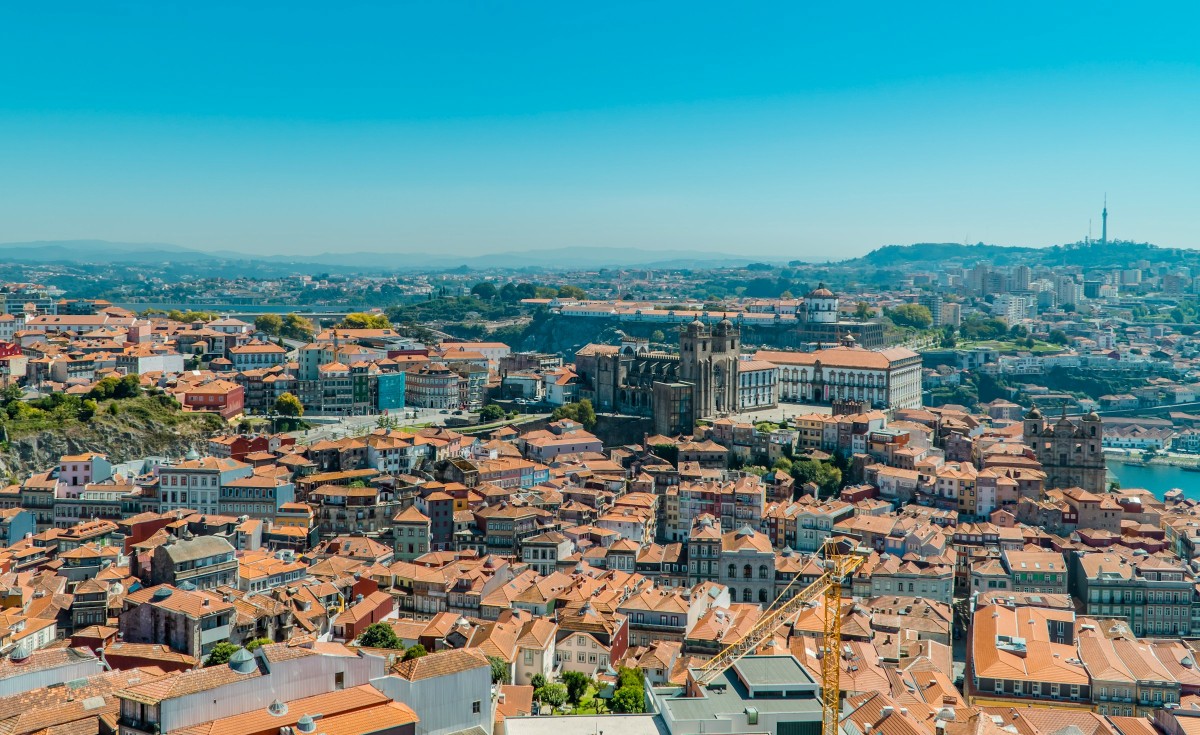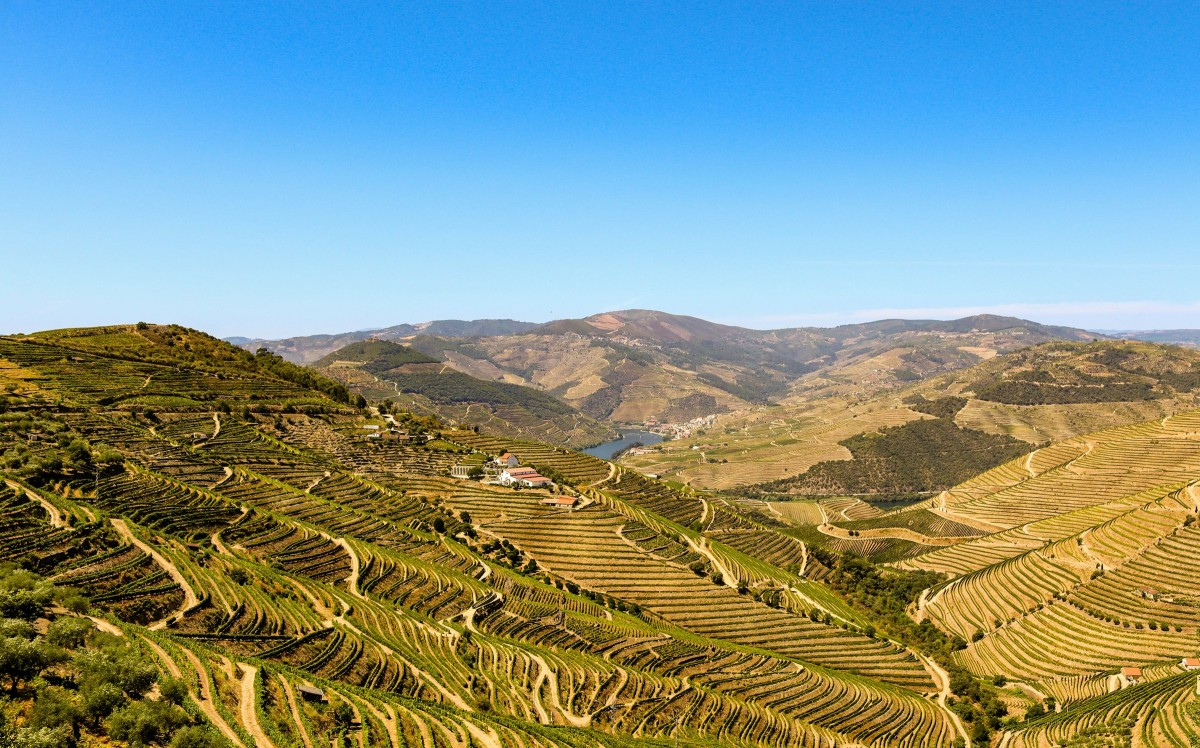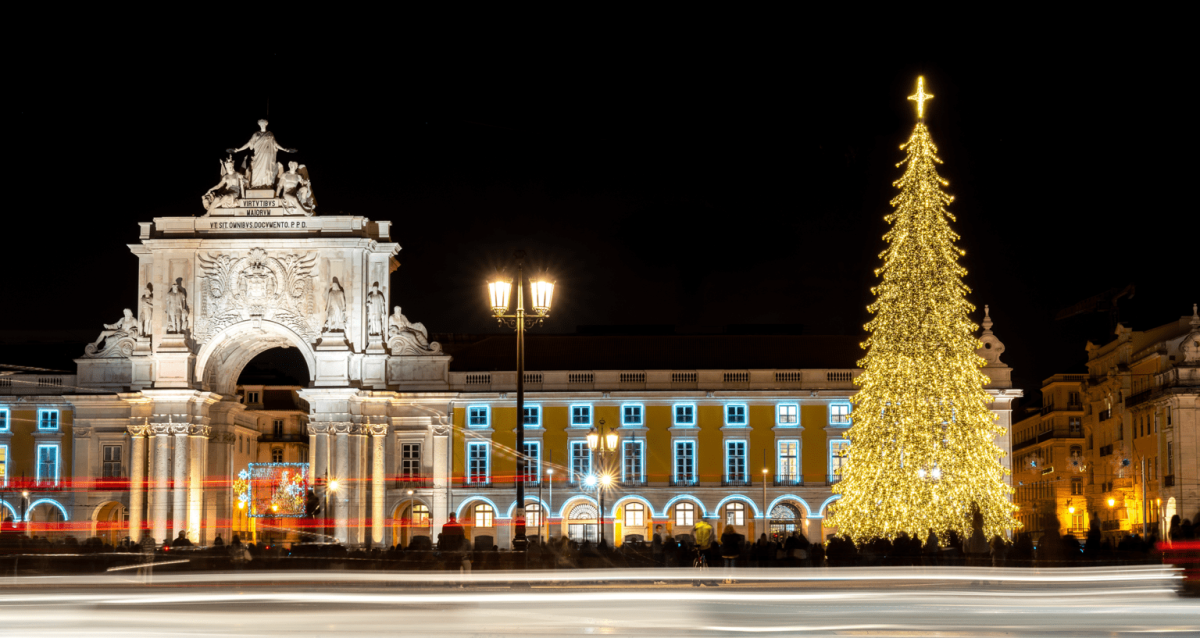
Portugal, with its diversity of landscapes and climate, offers a unique experience every month of the year. From the snowy peaks of Serra da Estrela in January to the vibrant summer festivities and the serene off-season beaches, each moment has its own particular charm. Join us as we explore Portugal month by month, immersing in the rich tapestry of activities and experiences this country has to offer.
What is the best month to visit Portugal?
The best month to visit Portugal depends on your preferences and what you want to experience during your trip. Many travellers consider May, June, and September to be the best months to visit Portugal. This is because during these months, the weather is generally warm and sunny but not too hot, making it perfect for exploring the cities, beaches, and countryside. Additionally, these months are outside of the peak tourist season, so you can often enjoy fewer crowds and lower prices compared to the summer months of July and August. In spite of this, the best time to visit Portugal depends on your personal preferences for weather, activities, and crowd levels. Check out our suggestions on what to see in Portugal throughout the year.
Portugal in January: Skiing and Snowy Landscapes in Serra da Estrela
Embrace winter sports and skiing on the snow-capped peaks of Serra da Estrela, an ideal destination for lovers of the white adventure. As you glide down the slopes, you're not just participating in one of the best things to do in Portugal, you're also immersing yourself in a winter wonderland that transforms with the season. The Serra da Estrela region is not only about sports; it's a place where you can enjoy the crisp mountain air, traditional mountain villages, and indulge in the local cheese known as Queijo da Serra—one of Portugal's culinary treasures.
January is indeed a time to visit Portugal if you're looking for a blend of adventure and tranquility. The ski resorts here are less crowded than their European counterparts, offering a more relaxed skiing experience. And it's not just about skiing; winter in Serra da Estrela is also perfect for snowboarding, sledding, or simply enjoying the panoramic views of snow-covered landscapes. With plenty of activities, Serra da Estrela stands as a testament to Portugal's diverse offerings, even during the colder months.
Portugal in February: The Spectacle of Giant Waves in Nazaré

February in Portugal offers a thrilling spectacle that draws visitors from around the globe: the giant waves of Nazaré. This small fishing village on the Silver Coast transforms into a hub for extreme surfers seeking to conquer some of the world's most formidable waves. Observing these athletes as they tackle the monstrous swells is not just about the sport—it's a testament to human courage and the raw power of nature.
The waves at Praia do Norte, near the iconic Nazaré lighthouse, are known to reach heights of up to 100 feet, making them some of the tallest surfable waves on the planet. This phenomenon is caused by the underwater Nazaré Canyon, which amplifies the incoming swell. It's an awe-inspiring sight and one of the most unique things to do in Portugal during the year. Whether you're a seasoned surf enthusiast or simply looking for an extraordinary experience, witnessing the Nazaré waves in February is an unforgettable event. Make sure to check local forecasts and event schedules, as the best time to visit coincides with optimal weather conditions that fuel these oceanic giants.
Portugal in March and April: Traditional Holy Week Celebrations and the Awakening of the Douro
As winter fades, March heralds the awakening of the Douro Valley, a serene retreat among the terraced vineyards that begin to bud, painting the landscape in vibrant shades of green. This is a time for tranquility and rejuvenation, making it one of the best times to visit Portugal for those who appreciate nature's renewal and the finer things in life.
The Alto Douro Wine Region, a UNESCO World Heritage site, is not only famous for its scenic beauty but also for its rich tradition of wine production. Visiting during this month allows you to witness the transformation of the vineyards and partake in wine tastings that offer a palate of flavours unique to this region's terroir. The Douro River meanders through this picturesque area, providing opportunities for leisurely boat tours that showcase the valley's splendour from a different perspective. For an authentic and peaceful experience amidst one of Portugal's most treasured landscapes, March in the Douro Valley is a perfect choice.

Depending on when Easter falls, either March or April in Portugal brings a vibrant tapestry of culture and tradition, particularly in the Algarve region, where the Holy Week celebrations are a sight to behold. São Brás de Alportel becomes the focal point with its colourful processions and cultural events, marking it as one of the unique things to do in Portugal month by month. The streets come alive with the "Festa das Tochas Floridas", where flower torches create a stunning visual display, and the air is filled with the scent of spring flowers and incense.
The Easter festivities in São Brás de Alportel are steeped in history and local customs, providing visitors with an authentic Portuguese experience. The solemn processions and the atmosphere of reverence contrast with the festive joy that follows. It's a time when families gather, traditional sweets like "Folar da Páscoa" are enjoyed, and the community comes together in celebration. For those looking to immerse themselves in Portuguese culture, visiting the Algarve during Holy Week offers a rich blend of faith, tradition, and community spirit, making it a prime time to visit Portugal.
Portugal in May: The Natural Exuberance of the Azores

May is when nature takes centre stage in the Azores, an archipelago where the beauty of wild landscapes is unmatched. The islands are a haven for nature enthusiasts and adventurers alike, offering a plethora of things to do in Portugal month by month. Hiking trails wind through lush greenery, leading to breathtaking vistas, waterfalls, and volcanic craters. The Azores also boast relaxing thermal waters, where one can unwind amidst nature's serene backdrop.
The Azores' unique geothermal activity not only creates these warm, healing springs but also shapes a landscape that is constantly evolving. This is a place where you can watch whales breach in the deep blue Atlantic or explore the rich marine life while snorkelling or diving. May's mild weather provides the perfect conditions for outdoor activities, from bird watching to kayaking in the island's many lakes. The Azores are a testament to Portugal's natural wonders, offering an escape to tranquility and adventure that is best enjoyed during this blooming season.
Portugal in June: History and Culture in the Algarve Pre-Season
June is a magical time to explore the Algarve's rich history and culture in cities like Tavira, Silves, and Lagos. This is the perfect moment to visit, just before the summer tourism wave hits its peak. The weather is warm and pleasant, ideal for discovering the ancient Moorish influences and the maritime heritage that shaped these towns. Tavira, with its Roman bridge and castle ruins, offers a glimpse into Portugal's layered past. Silves, once a Moorish capital, boasts an impressive red sandstone castle, while Lagos is steeped in history related to the Age of Discoveries. These destinations are not just about sun and sea; they are treasure troves of cultural experiences waiting to be uncovered.
Visiting the Algarve in June means fewer crowds and more time to engage with the local culture intimately. You can stroll through old town centers, visit historical sites without the rush, and enjoy traditional Portuguese cuisine at a more leisurely pace. It's an opportunity to participate in local festivals that celebrate the region's history, such as the Medieval Fair in Silves, where you can step back in time and experience life in the Middle Ages. June is undeniably one of the best times to visit Portugal if you're looking to combine perfect weather with a rich cultural itinerary.
July and August in Portugal: Summer Festivals and Outdoor Life

The months of July and August in Portugal are synonymous with lively summer festivals and an outdoor lifestyle that captivates both locals and tourists. The Algarve's popular beaches are at their most vibrant, while cities like Lisbon and Porto buzz with activities under the sun. These months are the epitome of summer fun, offering a plethora of things to do in Portugal. From music festivals that feature international artists to local celebrations of food and tradition, there's an energy and excitement in the air that's infectious.
In Lisbon, you can experience festivals such as NOS Alive or Super Bock Super Rock, where music fills the warm nights. Porto is not far behind with its own share of events like the São João Festival, a night filled with fireworks, music, and dancing. And let's not forget the Algarve, where beach parties and seafood festivals add to the allure of the sun-soaked coast. If you're looking for the best time to visit Portugal for a dynamic mix of beach life, cultural events, and outdoor enjoyment, July and August are the months to mark on your calendar. Just remember to book accommodations early, as these are also the busiest months for tourism in Portugal.
Portugal in September and October: Tranquility in the Algarve and Grape Harvest in the Douro
Experience the Algarve with fewer crowds and take part in the traditional grape harvest in the vineyards of the Douro, an enriching cultural experience. As summer fades, September and October offer a unique opportunity to visit Portugal's southern coast. The Algarve, known for its stunning beaches and lively summer atmosphere, becomes a haven of tranquility during these months. It's the perfect time to explore the coastal towns, enjoy the mild weather, and relax on the beaches without the hustle and bustle of peak tourist season.
In the Douro region, autumn ushers in the grape harvest season, an integral part of Portuguese culture and economy. Participating in the vendimia, or grape harvest, is not only a way to learn about wine making but also to engage with local traditions and customs. The Douro Valley, a UNESCO World Heritage site, offers breathtaking landscapes of terraced vineyards along the river, making it an idyllic setting for this age-old practice. Whether you're sipping on fine Port wine or taking a leisurely cruise down the Douro River, these months are ideal for those seeking a blend of relaxation and cultural immersion, making it one of the best times to visit Portugal.
Portugal in November and December: Preparations for the Festivities

Watch Portuguese cities light up with Christmas lights and markets as they prepare for end-of-year festivities in a welcoming climate. As November begins, Portugal starts to embrace the holiday spirit. The streets of Lisbon, Porto, and other cities are adorned with festive decorations and lights that create a magical atmosphere. Visiting during these months allows you to experience the Portuguese way of celebrating Christmas and New Year's Eve.
Christmas markets pop up in town squares, offering traditional crafts, gifts, and seasonal treats like Bolo Rei, a king cake that is a staple of Portuguese holiday cuisine. The mild temperatures compared to other European countries make for comfortable exploration of these festive markets and outdoor events. In December, the anticipation of Christmas is palpable, with concerts, nativity scenes, and other cultural events that bring joy to locals and visitors alike. For those looking to experience the warmth of Portuguese hospitality and the joy of its holiday traditions, November and December are months filled with cheer and charm, concluding the year with some of the most heartfelt things to do in Portugal all year. Check out our guide to the best places to spend Christmas in Portugal.